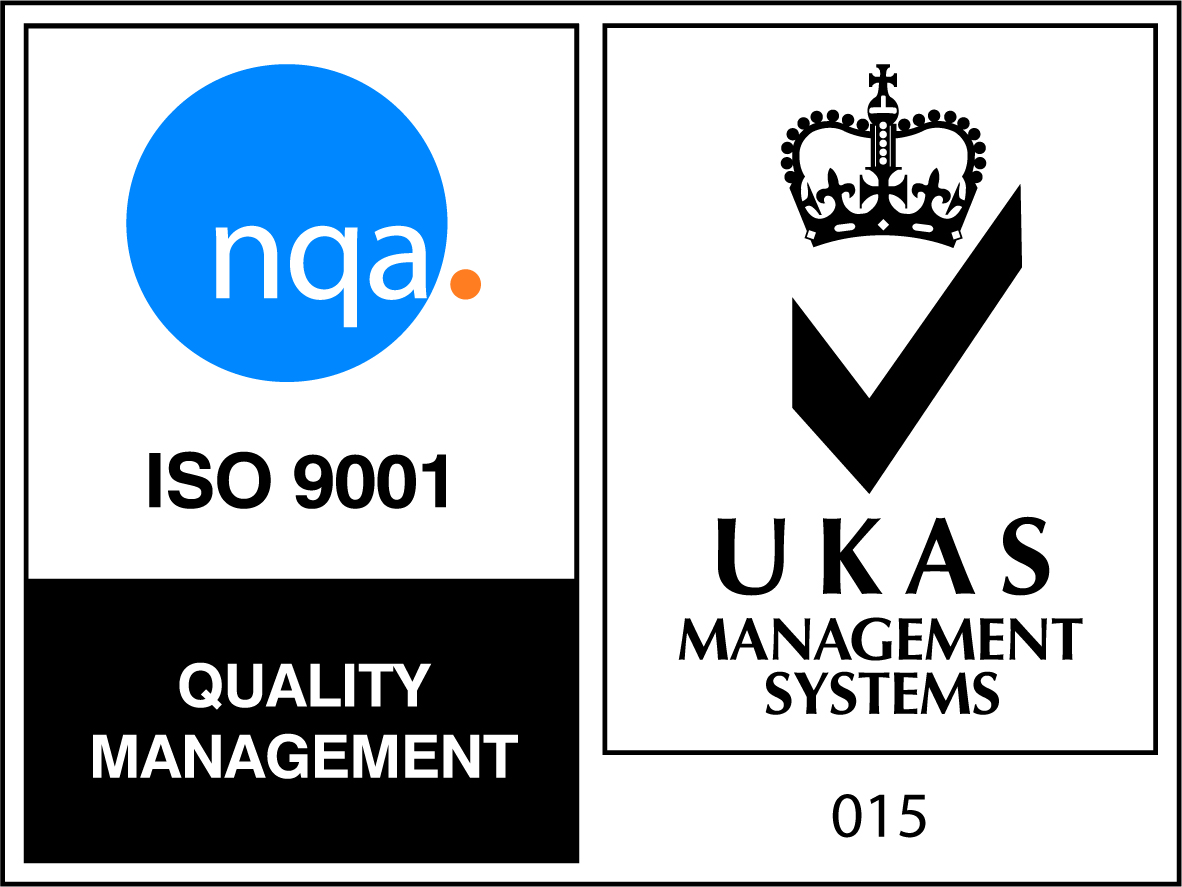Engineering Operatives are predominantly involved in engineering operations which are key to the success of the Manufacturing and Engineering sector allowing employers to grow their business while developing a work force with the relevant skills and knowledge to enhance the sustain the sector.
The role covers a wide range of common and job specific skills sets that can be transferred across the manufacturing engineering industry sectors during the course of their careers. Dependent on the sector that they are employed in there may be subtle differences in terms of composition and application of the job role specific skills and knowledge they will require, however the core skills and knowledge will be the same regardless of the sector/area they work in.
Engineering Operatives will have clear reporting lines with anything outside their role and responsibility. They will work individually or as part of a team to carry out a range of engineering operations which could include ensuring machines and equipment used are maintained and serviceable, dealing with breakdowns, restoring components and systems to serviceable condition by repair and replacement; operating a variety of machines (CNC or Conventional); assembling and repairing machine and press tools, dies, jigs, fixtures and other tools; fabrication/installation of a wide variety of other sheet fabrications and equipment and; fabrication and assembly of metal parts joining techniques; preparing materials and equipment for engineering processes, providing technical support including communications software, test tools, performance, capacity planning, and e-commerce technology as required.
Engineering Operatives must comply with statutory regulations and organisation safety requirements including any environmental compliance procedures and systems; Identify hazards and hazardous situations; Prepare the work area and equipment; Obtain and follow the appropriate job documentation and work instructions; Extract the necessary data and information from specifications and related documentation; Carryout the engineering activities in line with their job role; Carry quality checks as required; working with minimum supervision either individually or as part of a team and will be responsible for their own actions and for the quality and accuracy and timely delivery of the work they undertake.
Examples of the occupational roles from across the engineering and manufacturing sector that would be covered within this standard are: Servicing and maintenance operative; Machine setter/operative; Mechanical engineering operative; Fabricator; Engineering fitter; Multi-disciplined engineering operative; Materials, processing and finishing operative, Technical Support operative, founding/ casting operative.
Engineering Operatives working within a mechanical manufacturing engineering role will have:
Knowledge of:
Skills:
Engineering Operatives working within an electrical and electronic engineering role will have:
Knowledge of:
Skills:
Mechanical Manufacturing Pathway
All learners will complete both on and off the job training elements for this standard and at the end of their programme will not only complete their Engineering Operative Level 2 Apprenticeship but will also gain qualifications at Level 2 in Engineering Operations. Dependent upon prior qualifications learners may also need to complete functional skills in Maths and English to a minimum of Level 1.
Off the Job Training Subjects Include:
Electrical & Electronic Engineering Pathway
All learners will complete both on and off the job training elements for this standard and at the end of their programme will not only complete their Engineering Operative Level 2 Apprenticeship but will also gain qualifications at Level 2 in Engineering Operations. Dependent upon prior qualifications learners may also need to complete functional skills in Maths and English to a minimum of Level 1.
Off the Job Training Subjects Include:
Manufacturing and Engineering organisations require their apprentices to have a set of behaviours that will ensure success both in their role and in the overall company objectives. The required behaviours are:

